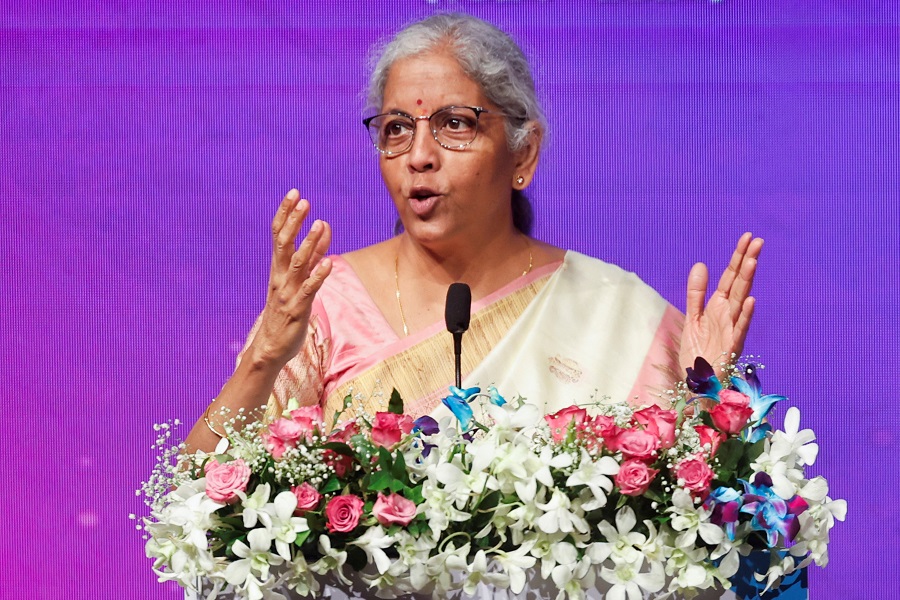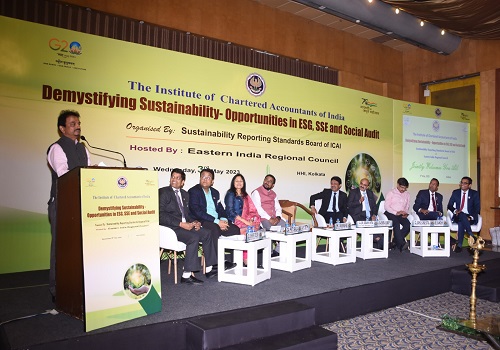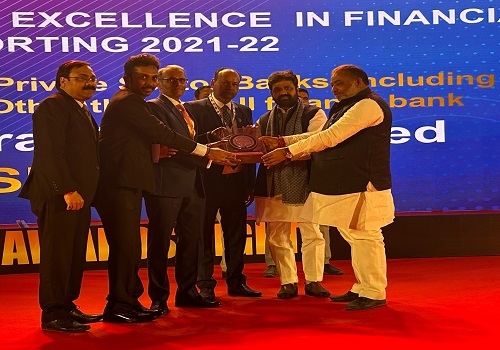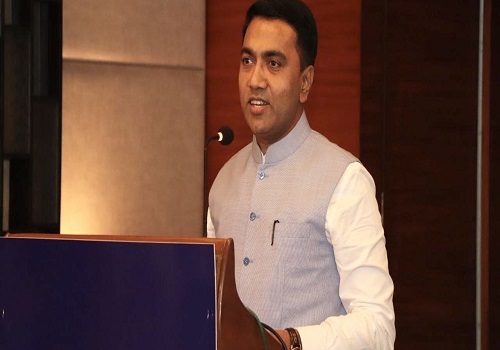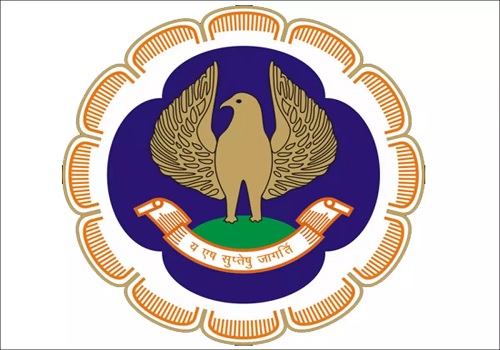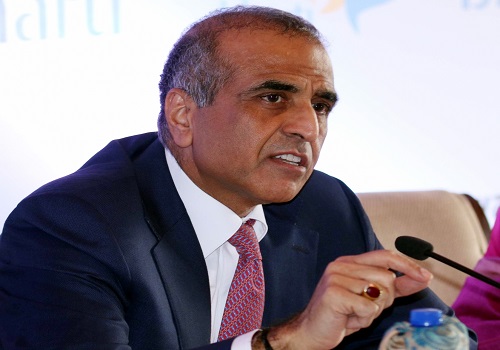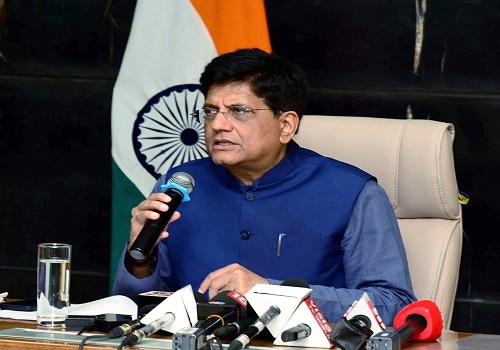'IAI's Disciplinary Committee report can be precedent for ICAI, other institutes'
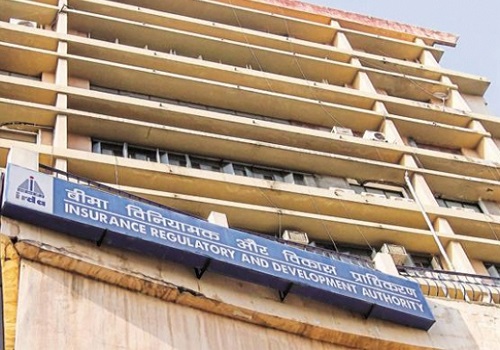
Follow us Now on Telegram ! Get daily 10 - 12 important updates on Business, Finance and Investment. Join our Telegram Channel
Is the remittance of part of the consultancy fee to the Insurance Regulatory and Development Authority of India (IRDAI) by an employee as per service condition a professional misconduct?
Yes says, a Disciplinary Committee set up by the Institute of Actuaries of India (IAI).
The IAI Disciplinary Committee's decision would also have a bearing on the chartered accountants in a similar position as the Committee's report was also signed by Uttam Agarwal, then President of Institute of Chartered Accountants of India (ICAI), said a senior accountant.
The ICAI has similar rules for professional misconduct.
K.Subrahmanyam, retired Executive Director (Actuary), IRDAI, has knocked the doors of Telangana High Court seeking justice against IAI Disciplinary Committee declaring him as guilty of professional misconduct.
He also wondered about the IRDAI's silence on the issue after issuing him the permission in writing and accepting his remittance for several years.
The IAI's Disciplinary Committee in 2021 had declared Subrahmanyam as guilty of professional misconduct.
The misconduct he was accused of is the payment of a part of his actuarial consulting fee to the IRDAI while in service between 2000-2011 as per his employment condition.
He was allowed to carry on actuarial consulting practice by the IRDAI subject to the condition that he remits 25 per cent of the consulting fees with the regulator.
"I carried on my consulting practice and remitted 25 per cent of the fee to IRDAI between 2000 and 2011," Subrahmanyam told IANS.
"As a matter of fact, Subrahmanyam had consulted the Government of Nepal and Sri Lanka apart from others," a retired senior IRDAI official told IANS preferring anonymity.
In 2017, six years after his retirement from IRDAI, Subrahmanyam got a shock as actuary N. Srinivasan made a complaint to IAI against him for professional misconduct - for remitting part of his fees to the IRDAI.
Incidentally, the IAI did not even consider the IRDAI's former Chairman N. Rangachary's communication clarifying the issue while setting up a Disciplinary Committee to proceed against Subrahmanyam.
In his letter to IAI President, Rangachary had said: "The ASI (Actuarial Society of India) which controlled your profession and consisted of very few members most of them in employment possibly outside India."
The IRDAI was engaged seriously in seeing to it that a vibrant actuarial profession was functional. One such move was to permit some actuaries in employment to take up assignments in the area of attestation, he added.
Referring to the initiation of the disciplinary proceedings against, Rangachary said: "As Chairman of the authority (IRDAI) I had permitted him (Subrahmanyam) to engage himself in practice in a limited number of cases but subject to the regulations of the authority. Since there was an interchange between the regulator and the profession, both of whom were in the early growth stage, it was then prescribed that as is normally adopted by both the government and statutory bodies a small percentage was to be remitted to the employer."
Nevertheless, the IAI Disciplinary Committee declared Subrahmanyam as guilty of misconduct under The Actuaries Act 2006 Section 31 Part I and sub section 2 which reads: "An Actuary in practice shall be deemed to be guilty of professional misconduct, if he pays by way of remuneration to an employee, pays or allows or agrees to pay or allow, directly or indirectly, any share, commission or brokerage in the fees or profits of his professional business, to any person other than a member of the Institute or a partner or a retired partner or the legal representative of a deceased partner."
The Chartered Accountants Act has an identical provision for professional misconduct.
"If a similar issue happens in another regulatory institution like ICAI, the same action will be taken. This is fortified by the ICAI President signing the IAI Disciplinary Committee report," P.S.Prabhakar, President, Society of Auditors, told IANS.



